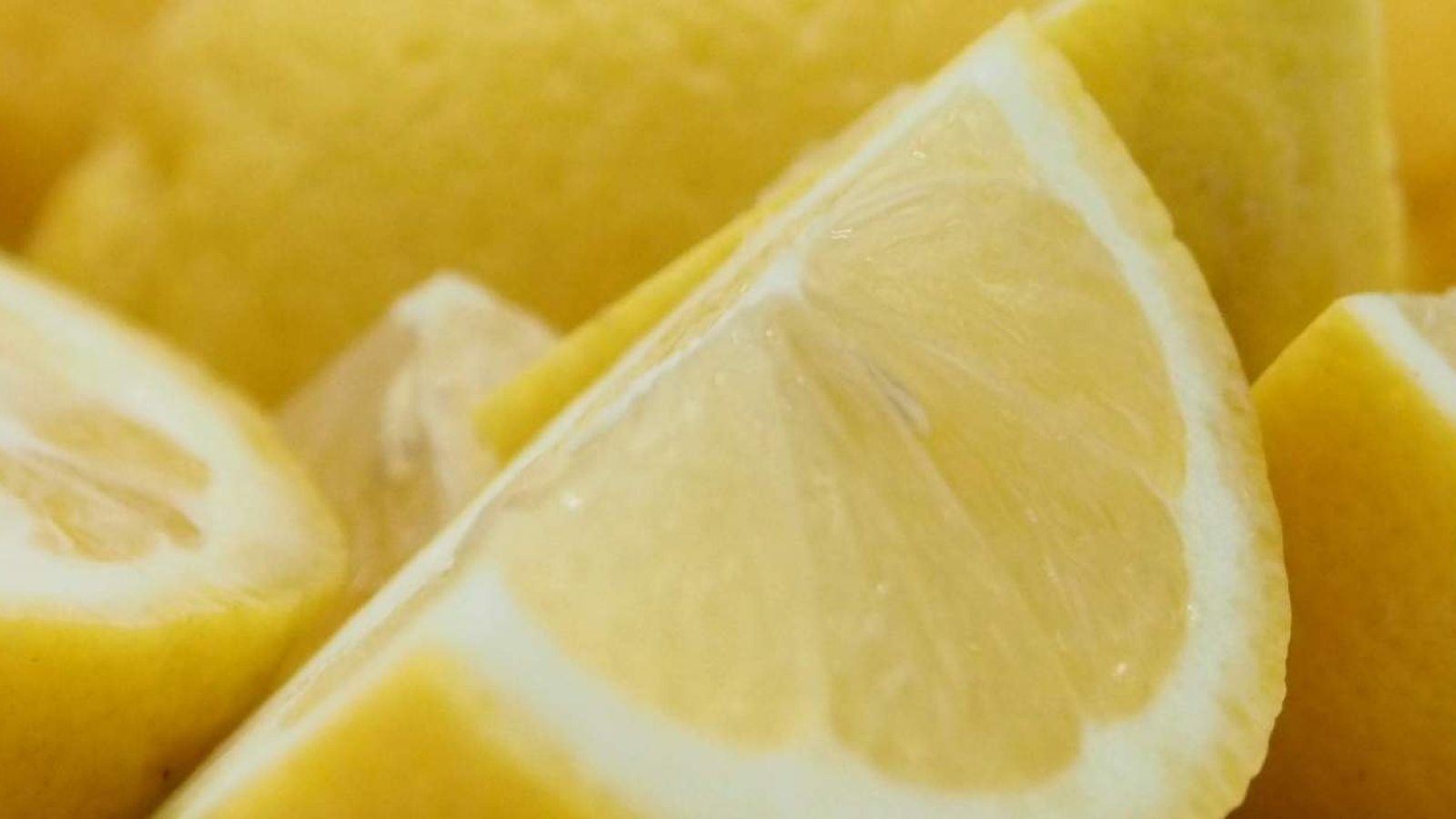Recognising what you know and don’t know can be hard. You have to know a little about something in order to know what you don’t know. While we strive for honest self-appraisal, human nature can lead us to a faulty assessment.
The Dunning – Kruger effect is a cognitive bias whereby people with low ability overestimate their ability. Researchers have also discovered the opposite effect whereby high performers have a tendency to underestimate their skills. And this is something that Charles Darwin (English Naturalist, Geologist and Biologist) observed, “Ignorance more frequently begets confidence than does knowledge: it is those who know little, and not those who know much, who so positively assert that this or that problem will never be solved by science.”
There are four broad stages of getting to know a subject. Firstly, there is unconscious incompetence. Basically, you don’t understand or know how to do something and you may not necessarily realise there is a deficit in knowledge. This may be because you are unaware of the subject or you have no interesting in learning about it. Question: Can you drive a car? Answer: What is a car? Or, you have no interesting in knowing how to drive a car.
Once you decide to learn about something you start to enter the conscious incompetence stage. Here you are not knowledgeable about the subject, but you do realise the subject exists, are motivated to find out more and have some idea how much there is to learn. Trial and error and mistake making is often a key part of leaning in this stage. You have decided to learn to drive a car.
Now you move into conscious competence. You can do the task or have knowledge but you are not an expert. Perhaps you can carry out the task but only with great concentration or exertion when doing so. You can drive a car, you are not experienced or you are not confident.
Lastly, there is unconscious competence. The task or skill is “second nature” and can be accomplished with little thought. Also you may be able to teacher the task or skill to others. You can drive a car with little thought or effort.
And now a little treat for you and the inspiration for the research that defined the Dunning – Kruger effect. On April 19, 1995, a man robbed two banks in Pittsburgh in broad daylight without a mask or disguise. Security cameras easily picked up good images of his face and Police made sure the footage was broadcast on the local news. A tip quickly came in and the Police were soon knocking on the suspect’s door in McKeesport. Identified as McArthur Wheeler, he was incredulous, reportedly saying, “But I wore the juice.”
Wheeler went on to tell the Police he rubbed lemon juice on his face to make it invisible to security cameras. He knew that lemon juice is used as an invisible ink. And so, he concluded that lemon juice would make his face invisible. He apparently even tested this theory before the robberies by putting lemon juice on his face and snapping a selfie with a Polaroid (instant) camera. And there was no face in the photo. Police never figured out how that happened. Perhaps Wheeler was as good as a photographer as he was as a bank robber. It also proves the proverb ‘A little knowledge is a dangerous thing’.


